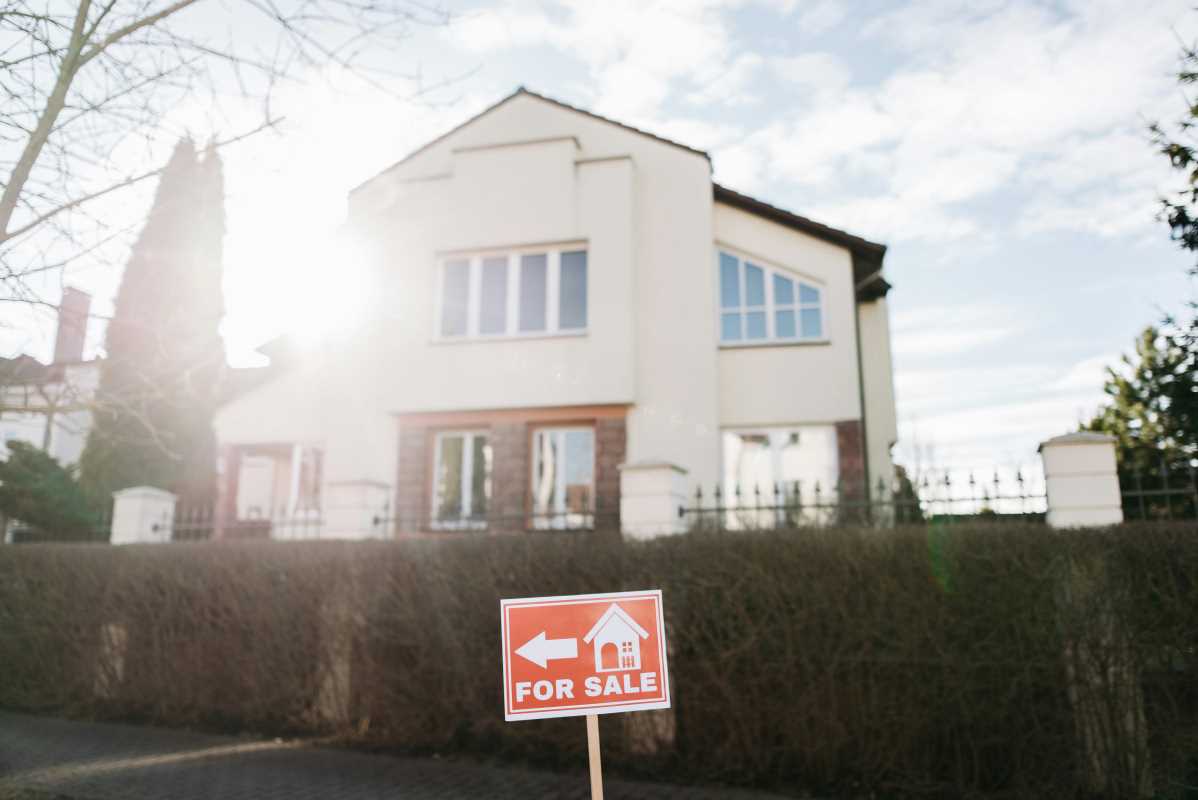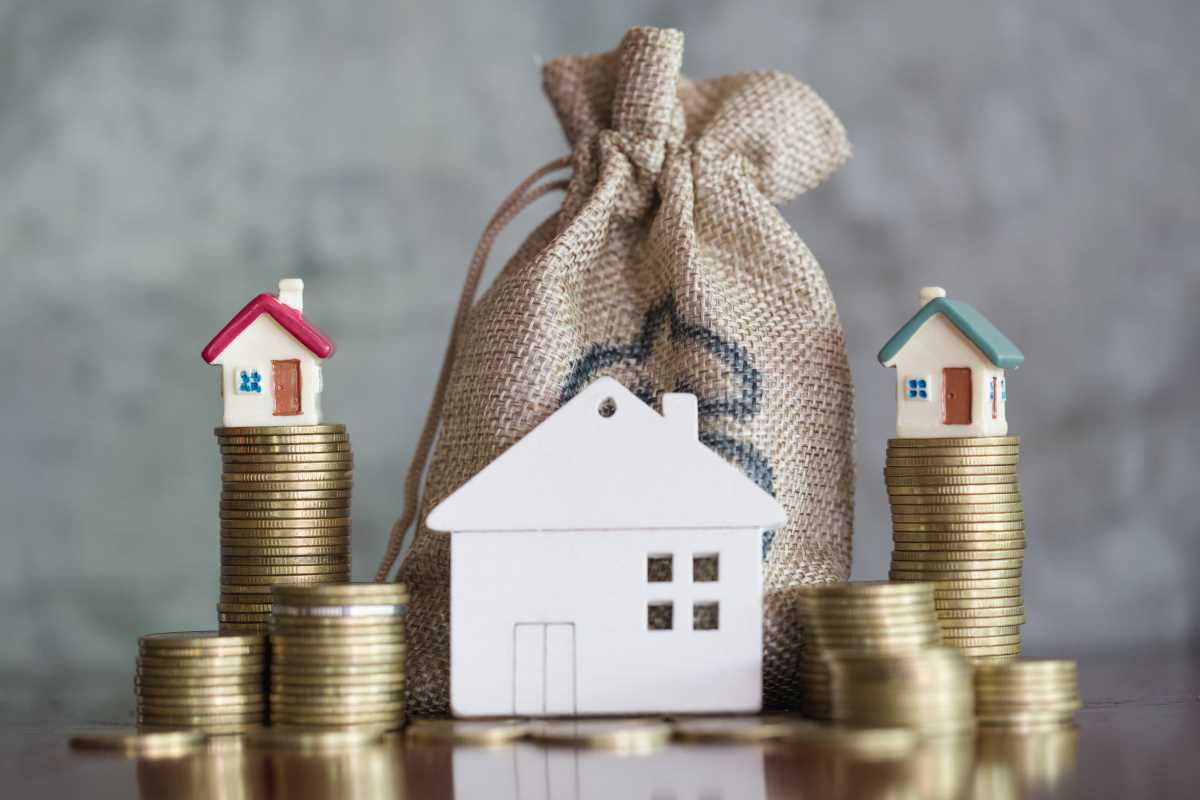Selling your first home is a major milestone. It’s exciting, but it can also feel a bit overwhelming. From understanding the financial impact to navigating the steps of the process, there’s a lot to think about before putting that “For Sale” sign in your yard. Making decisions with clarity and care can mean the difference between a smooth sale and a stressful experience.
Don’t worry—we’re here to help. Before listing your home, start by asking yourself these five essential questions. They’ll help you clarify your goals, prepare your property, and make informed decisions every step of the way.
1. Why Am I Selling My Home?
Understanding the reason behind your move is the first step in the selling process. Different goals will lead to different strategies.
Common Reasons for Selling:
- Upsizing or Downsizing: Maybe your family is growing, and you need more space. Or perhaps you’re an empty-nester ready to downsize.
- Relocation: A new job, an exciting adventure, or the desire to live closer to loved ones may be prompting the move.
- Financial Reasons: You may want to cash out on built-up equity or switch to a less expensive property.
- Lifestyle Changes: A longing for a different neighborhood or a home that better suits your stage of life could drive your decision.
Knowing your “why” can guide everything from how quickly you need to sell to what price point you’re aiming for. For example, if you need to sell fast, you might price your home more competitively to attract buyers quickly. On the other hand, if you’re waiting for the right offer, you’ll want to focus on longer-term strategies like staging and marketing.
2. Is the Timing Right?
Timing plays a huge role in the success of your home sale. Selling at the right time can maximize your profits and reduce stress, so consider market conditions and your personal circumstances carefully.
Evaluate the Market
- Is it a seller’s market?
- A seller’s market happens when there are more buyers than available homes. This often leads to higher prices and quicker sales.
- How are interest rates?
- Low interest rates encourage more buyers, which could boost demand for your property.
- Seasonal Trends
- Spring and early summer are often the best times to sell, as families typically want to settle before the next school year. However, each market has its nuances, so speak with a local real estate expert.
Factor in Your Own Timing
- Are you financially prepared to cover overlaps in mortgages or renting while you wait for your home to sell?
- Do you need to align your sale with buying a new home?
- Are there major life events (e.g., moving for a job) influencing your timing?
Being aware of both market trends and personal factors helps you decide the ideal time to sell.
3. Is My Home Market-Ready?
Buyers often make up their minds about a home within moments of seeing it, which is why first impressions matter. Preparing your home for sale is a crucial step in the process.
Steps to Get Your Home Sale-Ready
- Declutter and Depersonalize:
- Clear out extra items and remove personal touches like family photos. This allows buyers to picture themselves living in the space.
- Deep Clean:
- A sparkling-clean home shows buyers that it’s been well-maintained. Don’t overlook carpets, windows, or appliances!
- Tackle Repairs:
- Fix leaky faucets, squeaky doors, or chipped paint. Small fixes can make your home seem more move-in ready.
- Stage the Home:
- Staging highlights your home’s best features and helps buyers visualize its potential. Use neutral decor and create inviting spaces.
- Boost Curb Appeal:
- Make sure the exterior stands out in a good way. Mow the lawn, trim bushes, and consider a fresh coat of paint for the front door.
Pro Tip:
Before listing, ask a trusted friend or your real estate agent for feedback on how to improve your home’s appeal. A fresh perspective can spot things you might have missed.
4. How Much Will It Cost to Sell My Home?
Selling a home isn’t free. There are several costs to account for, so understanding them upfront can prevent surprises later.
Common Selling Costs:
- Agent Commission:
- Real estate agents typically take a commission of 5-6% of the sale price, split between the buyer’s and seller’s agents.
- Closing Costs:
- Sellers often pay some (or all) of the closing costs, like title insurance, escrow fees, and property taxes.
- Repairs and Upgrades:
- Expenses like staging, landscaping, and minor repairs can add up but are often worth the investment.
- Carrying Costs:
- If your home takes time to sell, you’ll need to cover mortgage payments, utilities, and maintenance in the interim.
Pricing Your Home Correctly
Consult with your agent to set a realistic asking price based on comparable sales in your neighborhood, the condition of your home, and current market trends. Pricing too high can deter buyers, while pricing too low might leave money on the table.
Pro Tip: Factor in these costs upfront, so you have a clear picture of your net proceeds from the sale.
5. Do I Have the Right Real Estate Agent?
Selling your first home is a learning experience, and having a knowledgeable guide can make a world of difference. The right real estate agent will help you price your home correctly, market it effectively, and handle negotiations with confidence.
What to Look For in an Agent
- Experience:
- Look for someone with a strong track record in your local market.
- Communication:
- Choose an agent who listens to your concerns, answers your questions, and keeps you informed throughout the process.
- Marketing Skills:
- A good agent will know how to market your home online, through professional photography, virtual tours, and social media.
- Negotiation Expertise:
- Your agent should be a skilled negotiator who can advocate for your best interests.
Questions to Ask a Potential Agent
- How many homes have you sold in this area?
- What’s your marketing strategy for my property?
- How do you determine the listing price?
It’s perfectly fine to interview a few agents before making your decision. This ensures you find someone who aligns with your goals and priorities.
 (Image via
(Image via

.jpeg)



